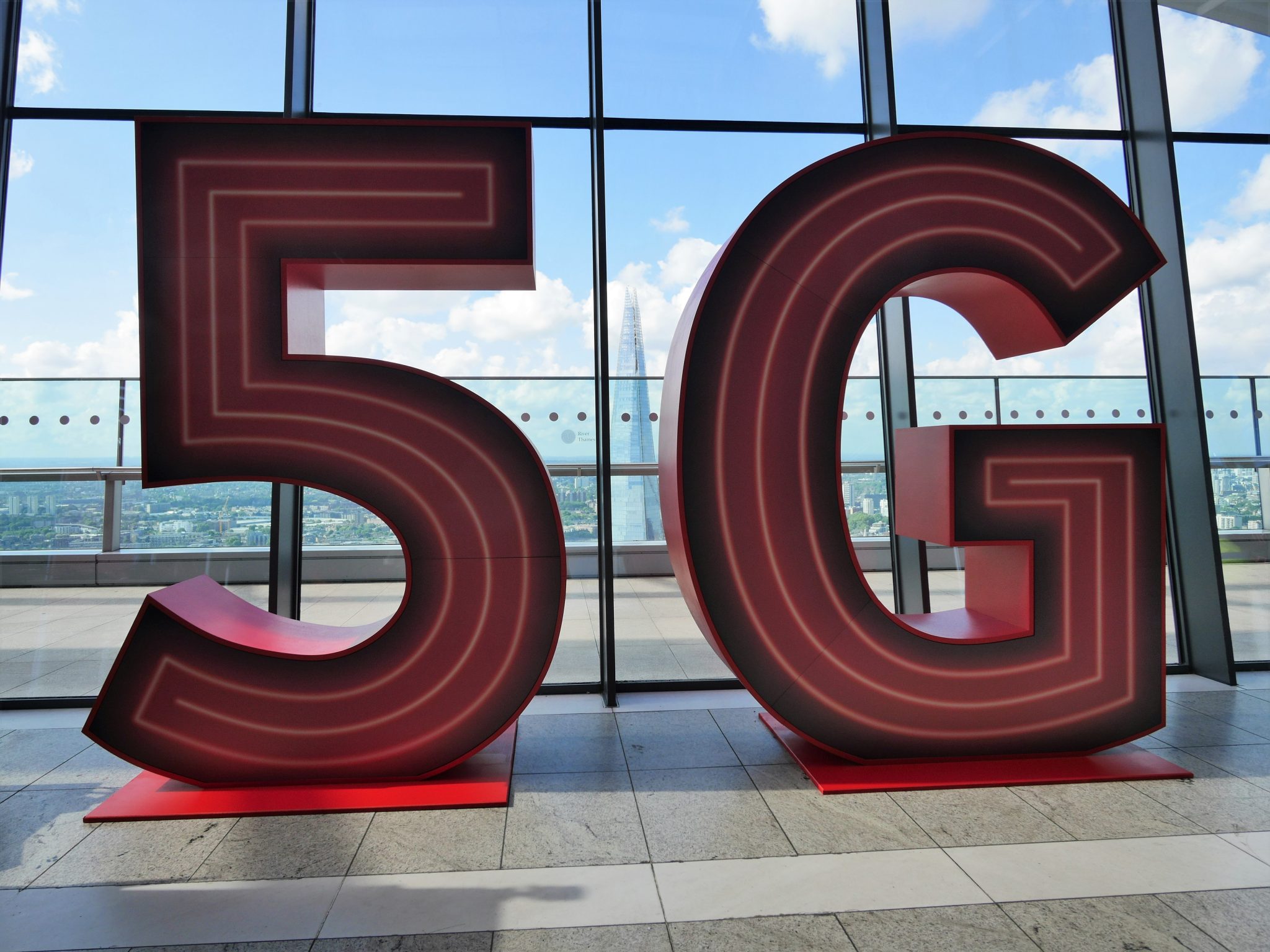
Media regulator Ofcom has found that electromagnetic field (EMF) emissions from 5G mobile base stations are "at small fractions" of recommended safety levels.
Ofcom said it had carried out EMF measurements for the first time in areas surrounding 5G base stations. In total, 16 locations in 10 cities across the UK, including Belfast, Cardiff, Edinburgh and London, were tested.
It concentrated on areas where there “were likely to be high levels of mobile phone use, including in and around major transport hubs and shopping centres”, the regulator said.
The tests found that in all cases, “the measured EMF levels from 5G-enabled mobile phone base stations are at small fractions of the levels identified in the ICNIRP [International Commission on Non-Ionizing Radiation Protection] Guidelines”.
The highest result Ofcom found for the 5G band (currently 3.4GHz-3.6GHz) was 0.039% of the recommended exposure limit.
Public Health England (PHE) is the body that leads on public health matters associated with radiofrequency electromagnetic fields, or radio waves. It has a statutory duty to provide advice to Government on any health effects that may be caused by EMF emissions – including those from 5G radio frequencies.
In its official guidance it says that “the overall exposure is expected to remain low relative to guidelines and, as such, there should be no consequences for public health”.
But Ofcom acknowledges that these are early days for 5G deployment in the UK, so it says it will carry out further tests over the long term and publish the results on its website.
You can read Ofcom’s report here.
![Happy friends cheering [Adobe Stock]](https://www.vodafone.co.uk/newscentre/app/uploads/2024/07/Happy-friends-cheering-Adobe-Stock.jpg)





![2-Young man enjoying a rugby match at the stadium[Adobe Stock] stock image of a happy bearded man in the stands at a stadium enjoying a rugby match](https://www.vodafone.co.uk/newscentre/app/uploads/2024/04/2-Young-man-enjoying-a-rugby-match-at-the-stadiumAdobe-Stock.jpg)


